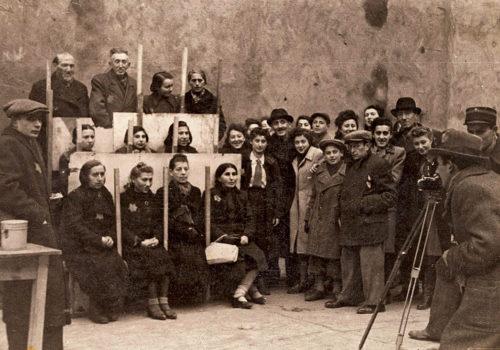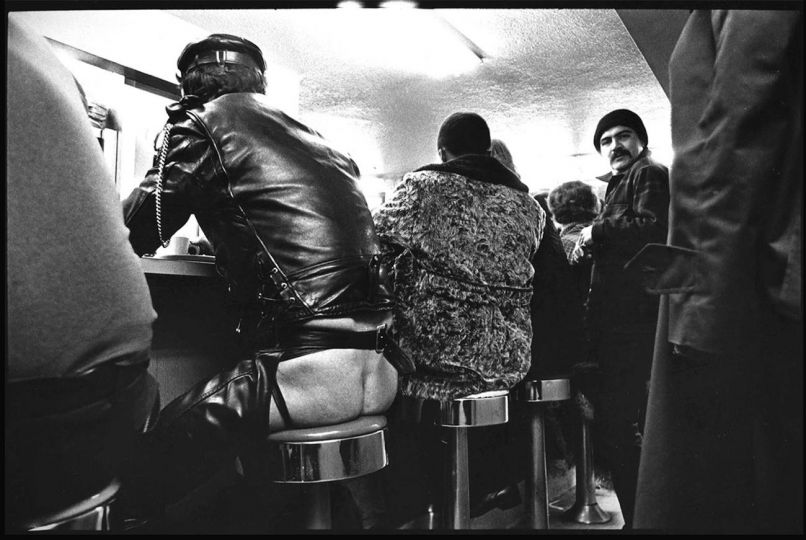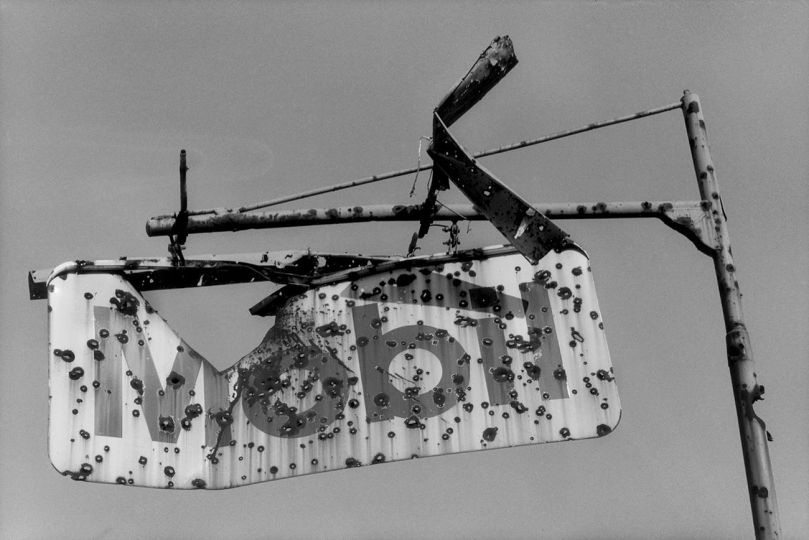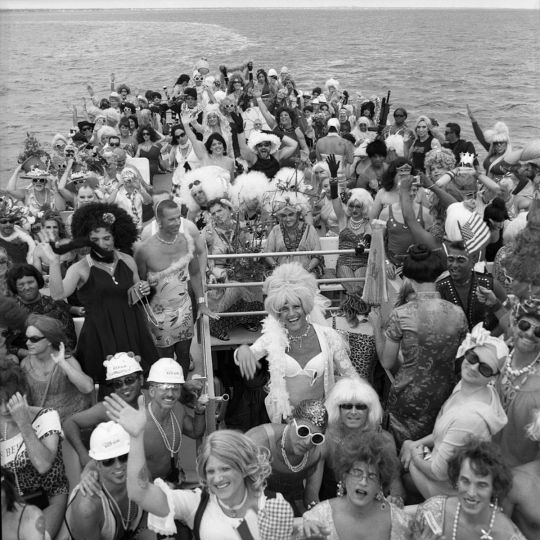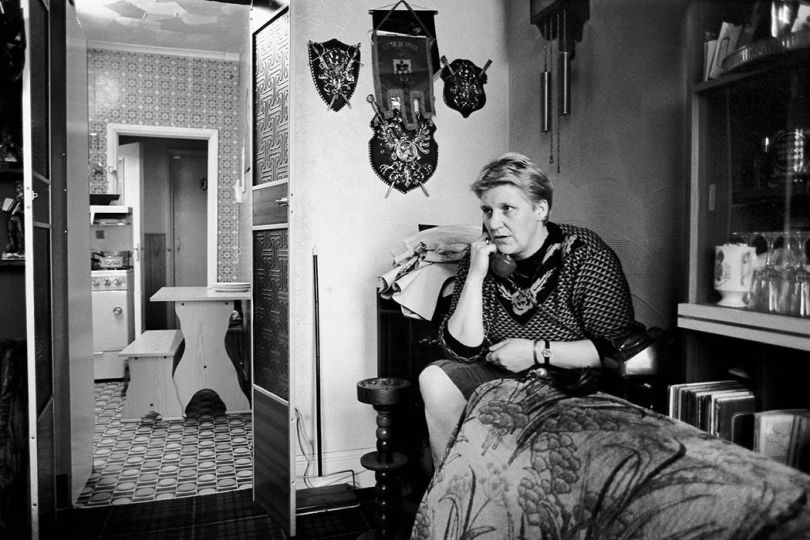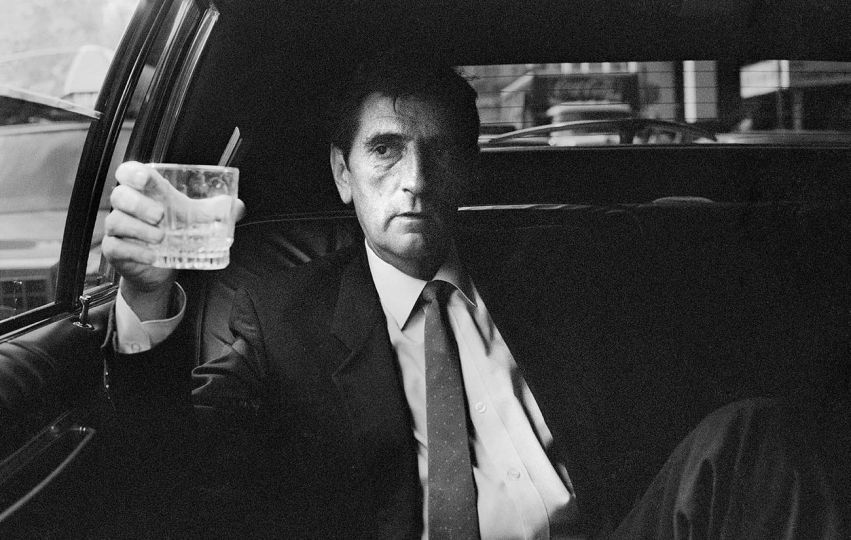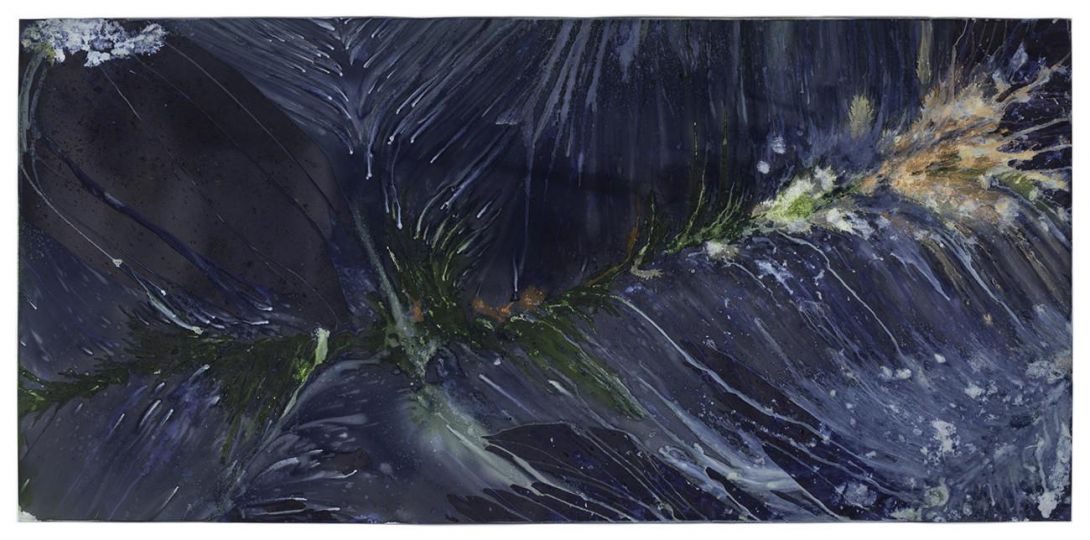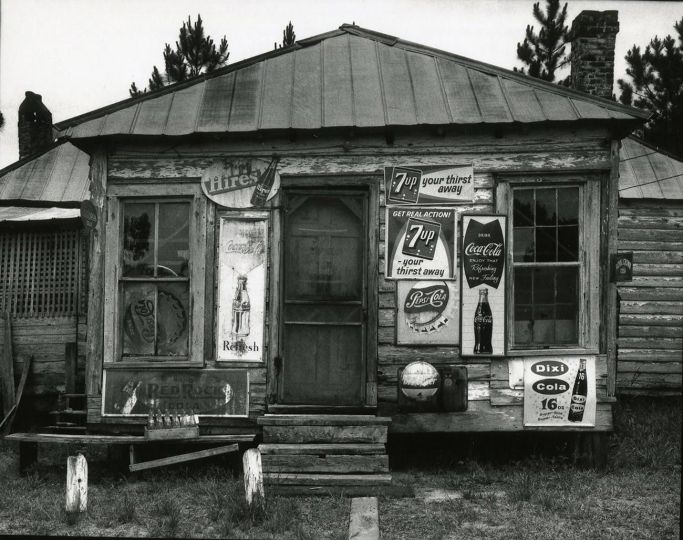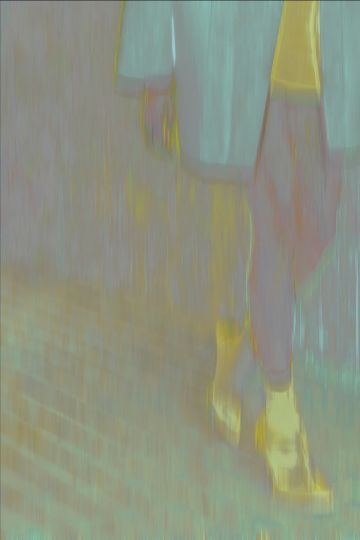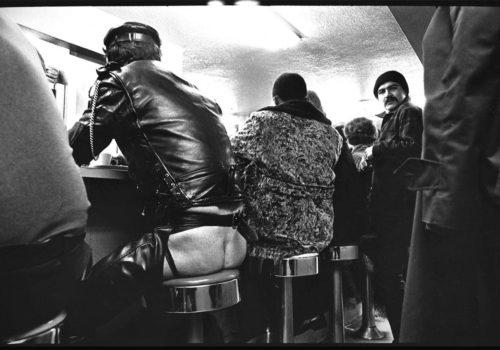This is the first of two essays exploring the photographic activities of Henryk Ross (1910-1991) who documented living inside the Łódź Ghetto from 1940 to 1944. Officially, Ross worked for the Statistics Department of the ghetto’s Jewish Administration, photographing the ghetto’s Jewish inhabitants for identification cards and for use in Nazi propaganda. When Ross was not engaged in his bureaucratic capacity, he risked his special privileges and his life to photograph the reality of daily ghetto existence. Ross understood the importance of photographically documenting the Nazi’s genocide to repudiate those who would not believe or who would deny the Holocaust/Shoah. Ross’s photographs lay bare the issues regarding leadership, social class, forced labor, starvation, and the obliteration of religious institutions in a controlled environment where death was the aim.
Robert Hirsch
VASA Journal on Images and Culture (VJIC), Theme Editor and Writer
Author of Seizing the Light: A Social and Aesthetic History of Photography
See essay #5 at: https://vjic.org/vjic2/?page_id=689
Previous essays at: http://vjic.org/vjic2/?page_id=6312

